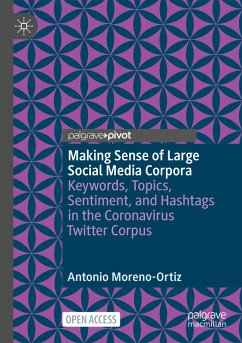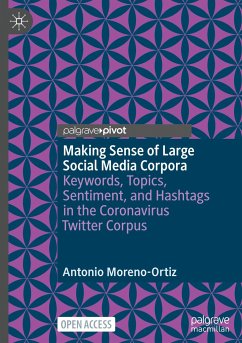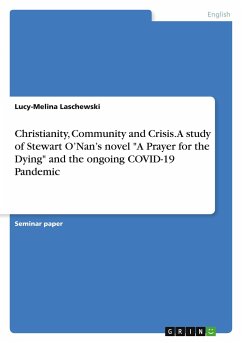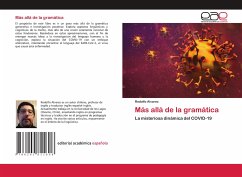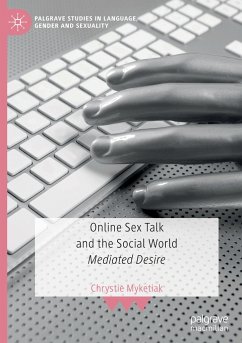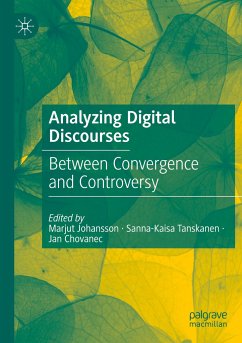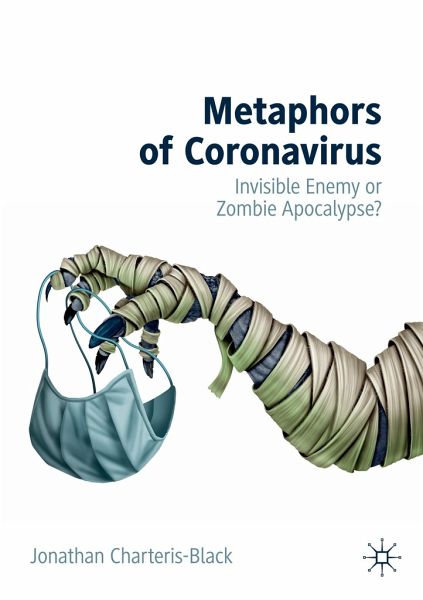
Metaphors of Coronavirus
Invisible Enemy or Zombie Apocalypse?

PAYBACK Punkte
13 °P sammeln!
This book explores the metaphors used in public and media communication to ask how language shapes our moral reasoning about the global coronavirus crisis. The author offers insights into the metaphors, metonyms, allegories and symbols of the global crisis and examines how they have contributed to policy formation and communication. Combining metaphor theory with moral foundations theory, he places metaphors in their historical contexts, and then critically questions why certain tropes might be used in particular situations to persuade and convince an audience. The book takes an integrated app...
This book explores the metaphors used in public and media communication to ask how language shapes our moral reasoning about the global coronavirus crisis. The author offers insights into the metaphors, metonyms, allegories and symbols of the global crisis and examines how they have contributed to policy formation and communication. Combining metaphor theory with moral foundations theory, he places metaphors in their historical contexts, and then critically questions why certain tropes might be used in particular situations to persuade and convince an audience. The book takes an integrated approach, involving ideas from cognitive linguistics, history, social psychology and literature to produce a multi-layered and thematically rich interpretation of the language of the pandemic and its social and political consequences. It will be relevant to readers with a background in these areas, as well as anyone with a general interest in the language used to make sense of this global event.





